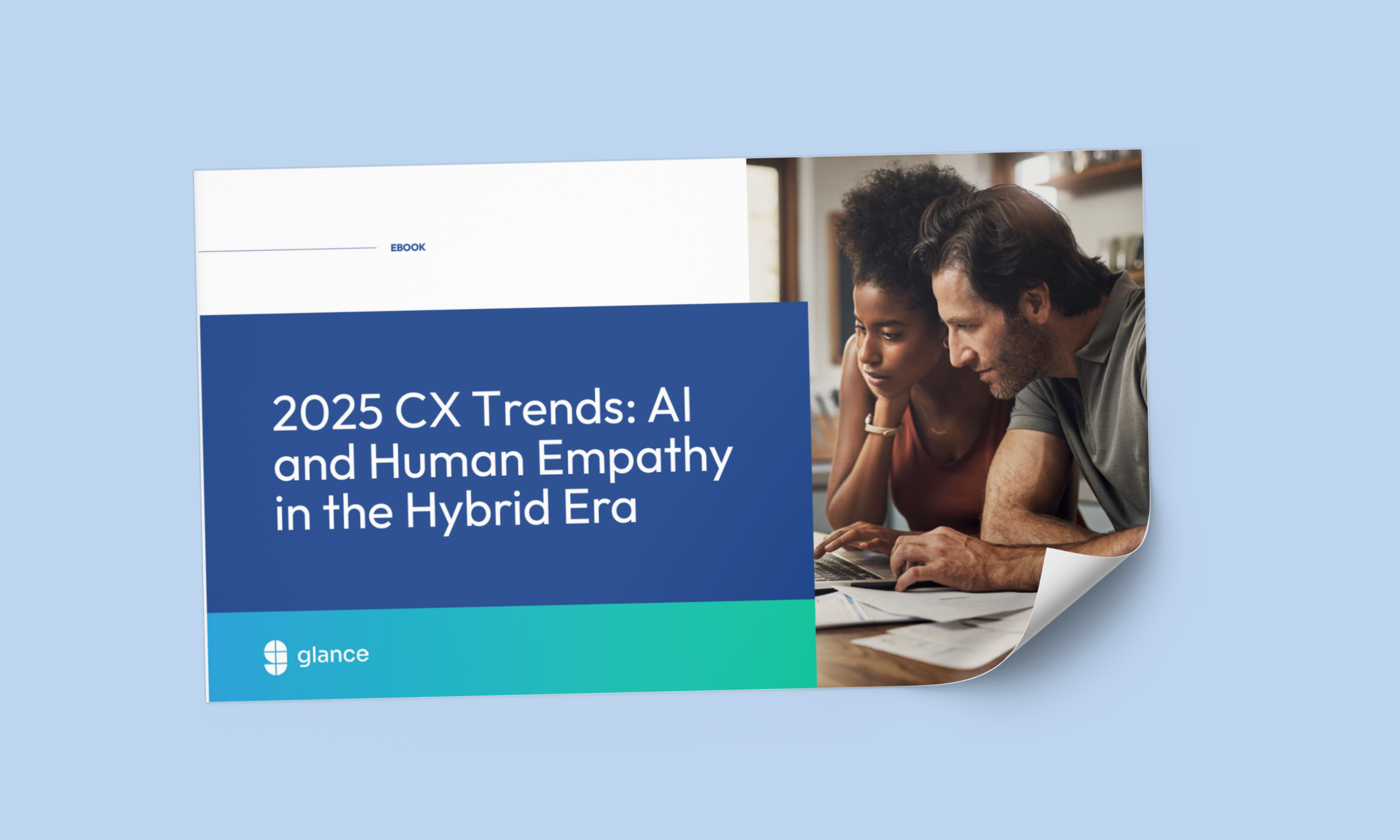Predictive AI technology is not just a futuristic concept—it’s shaping and redefining customer experience (CX). Unlike reactive AI systems that respond to customer inquiries after they occur, predictive AI anticipates customer needs and addresses them proactively. By leveraging advanced data analytics, machine learning, and real-time processing, businesses can deliver a new level of service that’s personalized, efficient, and anticipatory.
Predictive AI technology in 2025
As we approach 2025, predictive AI is emerging as the driving force behind the next evolution of CX. According to Gartner, 80% of organizations expect to compete primarily on customer experience by 2025, with AI playing a pivotal role. Zendesk reports that 71% of leaders believe generative AI tools must be embedded directly into the tools agents use, highlighting the industry’s rapid shift toward native predictive capabilities.
This transformation represents a significant shift from reactive problem-solving to proactive engagement, enabling businesses to meet customer needs before they even arise. The impact? Faster resolutions, more tailored experiences, and happier customers.
Transforming customer experiences across industries
The potential applications of predictive AI stretch across virtually every industry:
- Retail: Predictive models help retailers optimize inventory, personalize marketing efforts, and deliver timely recommendations. Customers benefit from targeted offers that feel tailored to their preferences.
- Healthcare: Predictive AI enhances patient outcomes by analyzing data to foresee health risks and recommend preventative care, aligning with growing expectations for personalized experiences.
- Financial Services: Banks and investment firms are utilizing predictive AI for fraud detection, personalized advice, and proactive customer support. These innovations lead to better customer satisfaction and trust.
Predictive CX and the role of human oversight
Even with advanced AI, human oversight remains critical to ensuring success:
- Maintaining empathy: Predictive AI should enhance, not replace, human interactions where emotional intelligence is key.
- AI monitoring: Teams must regularly review AI outputs to prevent errors, bias, or unintended consequences.
- Customer feedback: Gathering feedback on predictive CX initiatives helps fine-tune algorithms and improve overall experiences.
Challenges in implementing predictive CX
While predictive AI offers significant advantages, implementing it comes with its challenges. Organizations may face hurdles such as:
- Data quality: Ensuring clean, accurate, and comprehensive data is critical for effective predictive modeling.
- Integration with existing systems: Integrating predictive AI into legacy systems can be complex and resource-intensive.
- Ethical considerations: Addressing concerns around data privacy, bias in AI algorithms, and transparency is essential for building trust with customers.
- Skill gaps: Companies need skilled teams to manage, analyze, and act on AI insights effectively.
The future of Predictive CX
As predictive AI technologies continue to evolve, their role in CX will expand even further. Businesses that successfully implement these tools will create experiences that are not only more efficient but also deeply personalized and emotionally resonant. These innovations will drive significant improvements in customer loyalty and lifetime value, setting a new standard for CX.
Stay informed: Access the top CX trends for 2025
Discover how your business can harness the power of predictive AI to transform customer experiences. Download our free ebook to explore practical strategies and real-world examples that will help you stay ahead in the evolving CX landscape.
Download eBook: 2025 CX trends: AI and human empathy in the hybrid era



